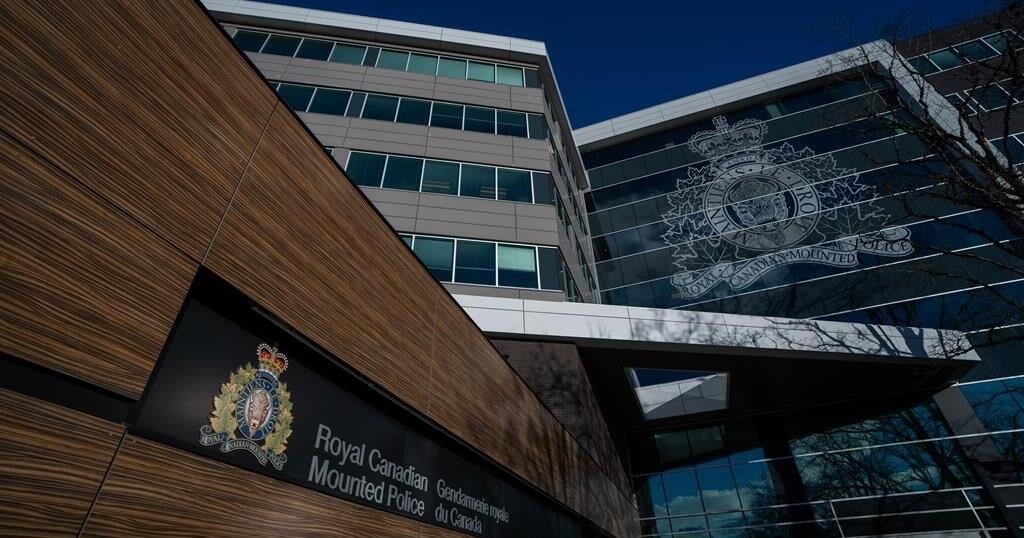SURREY, B.C. – British Columbia’s independent police watchdog has been notified after a women was shot and killed by police in Surrey, B.C.
RCMP say in happened Thursday when police were called to a disturbance at a home at about 4:40 a.m.
Police say they found a woman barricaded in a room. She was reportedly holding a weapon next to a young child, and one officer fired their weapon during an interaction with the woman.
The woman died at the scene despite immediate medical treatment.
Police say the child was not harmed, and neither were two other adults at the home who were removed when officers first arrived.
The RCMP say the Independent Investigations Office of B.C. has been notified and no other information on the case will be released by police.
This report by The Canadian Press was first published Sept. 19, 2024.

























